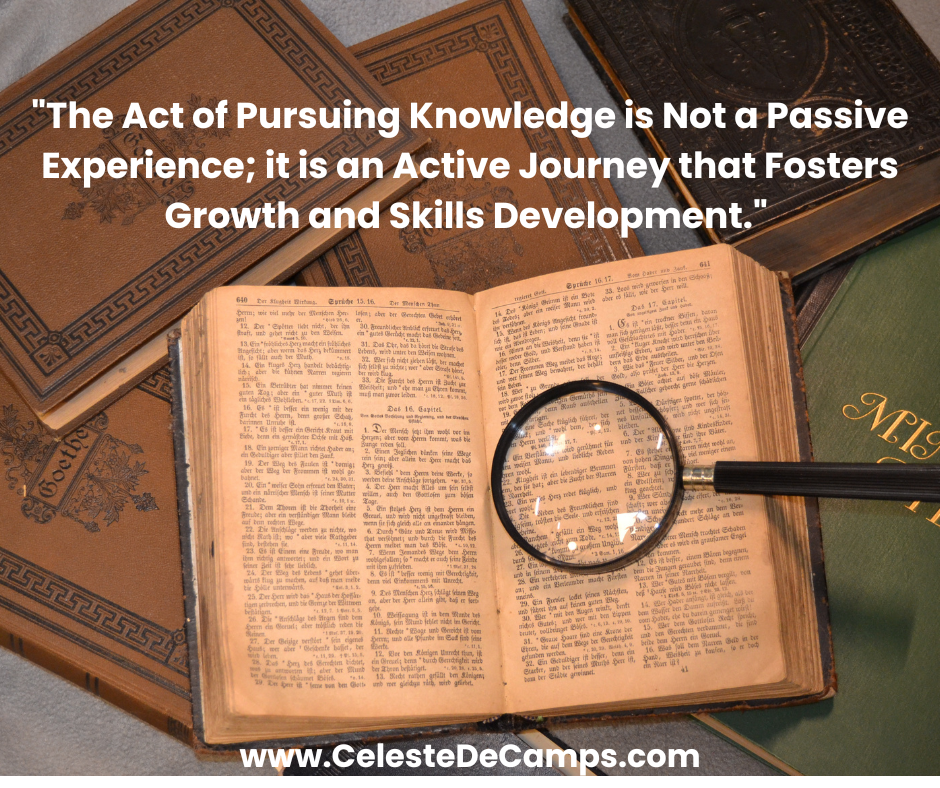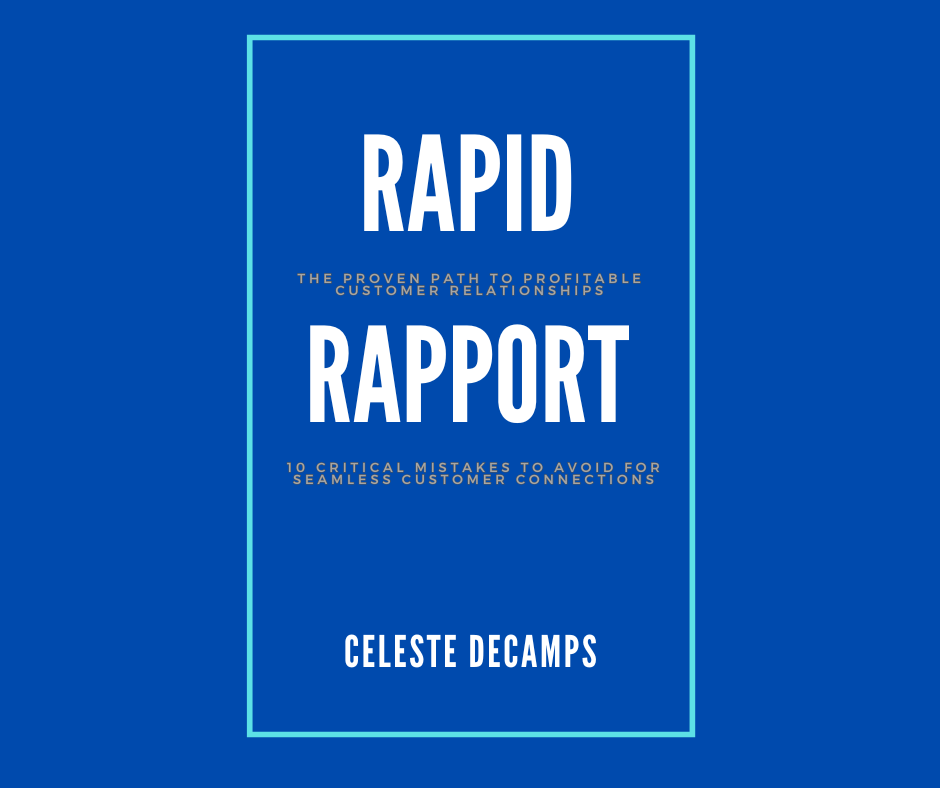Being an entrepreneur is exciting, fun, and very scary. The same possibilities of success are also the possibilities of failure. Of course, many well-known and not so well known people will promise you a six-figure business if you follow their course or training. They've found the magic or secret sauce that makes them the experts you should follow. Having someone with a proven track record of guiding others to help you on your journey is a good idea. It's an investment but a sound one if you choose wisely. Before jumping into spending money with someone, I advise you to do as much research as possible, on your own, on the product or service you're offering.
If you believe there's a shortcut to developing your business, you're in for a rude awakening. Yes, there's a significant amount of information out there that will help you avoid mistakes and obstacles, but you need to take the time to learn about them—a plan of action and the steps to take must be established first.
Self-education is empowering, providing you the opportunity to shape your learning experiences tailored to your unique needs. We have a wealth of knowledge at our fingertips, ensuring that our time and effort yield maximum returns. Ultimately, the act of pursuing knowledge is not a passive experience; it is an active journey that fosters growth and skills development.
Online platforms, community colleges, and even local libraries offer information without the hefty price tag. By exploring a mix of free and affordable resources, you can gain comprehensive insights into your chosen topics while saving money.
As part of this research process, it's crucial to identify credible experts in their respective fields. The internet is filled with self-proclaimed authorities, making it necessary to distinguish genuine expertise from the noise. Look for professionals with established credentials, peer-reviewed publications, or recognized contributions to their field. Engaging with reputable figures can provide valuable insights and lead to your business's development.
However, not all courses and programs promise effective learning. Recognizing red flags can help you make informed decisions. If a course emphasizes vague outcomes, offers little evidence of expertise, or requires an upfront fee without providing sample materials or testimonials, it's wise to approach cautiously. Researching user reviews and seeking feedback from others who have taken the course can shed light on its legitimacy and effectiveness, enabling you to avoid investments that may lead to frustration and financial loss.
Fortunately, maximizing the value of free resources is an achievable goal. The internet is a treasure trove of knowledge, offering access to webinars, podcasts, online courses, and articles at no cost. Websites like Coursera and public access resources through libraries provide incredible opportunities to learn from esteemed educators. Utilizing these valuable formats can deepen your understanding while keeping expenses at bay.
Embrace the journey of self-education. It's a chance to grow and thrive. By conducting thorough research on course topics, comparing available resources, identifying credible experts, discerning red flags, and leveraging free tools, you can cultivate a rich knowledge base without succumbing to high costs or ineffective programs. The right approach makes the path to knowledge accessible and truly rewarding.
If you want to learn how to connect with and build rapport with anyone quickly, this book is for you. I poured my heart and soul into creating this resource, and I can't wait for you to check it out.
Buy it today for the low price of $.99 by clicking on the link below:

